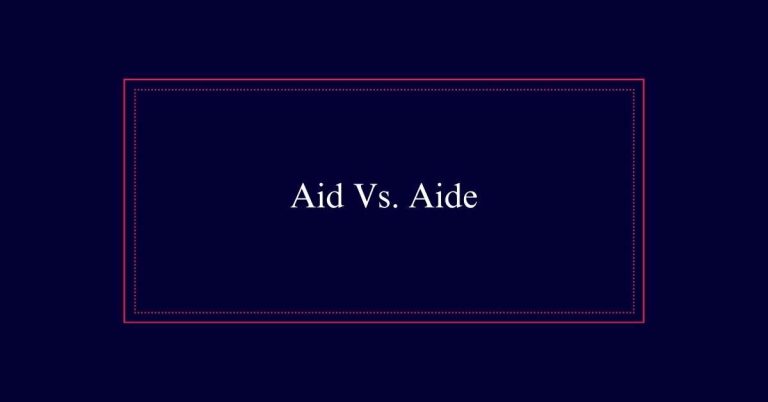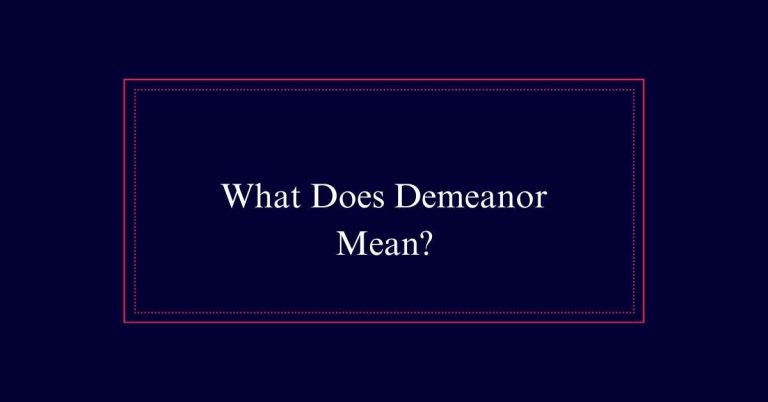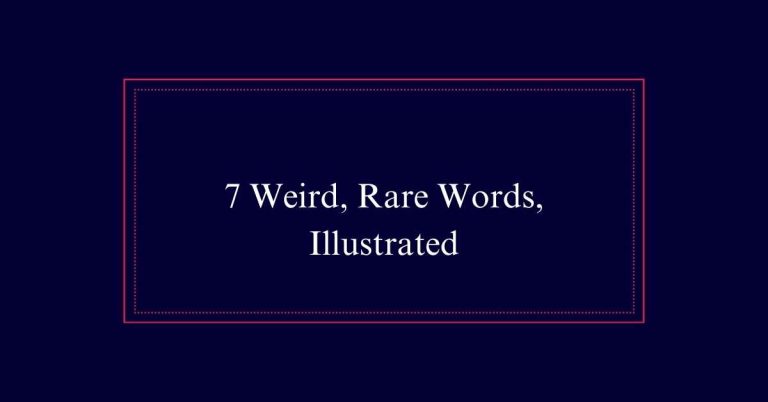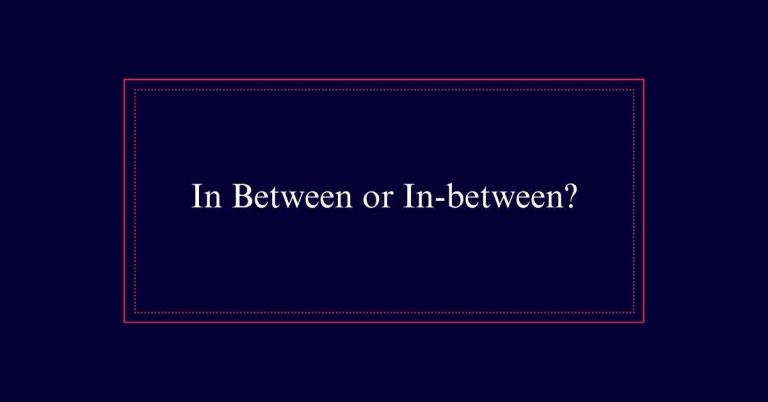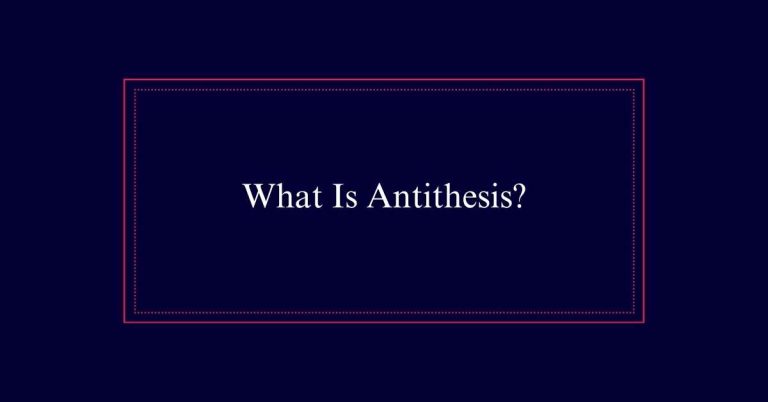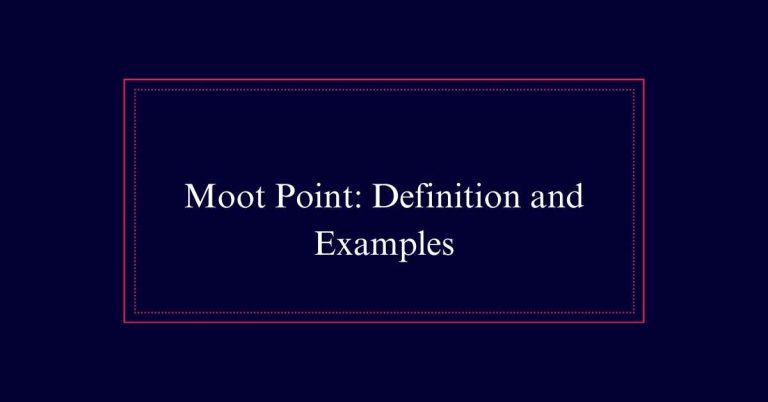Conscious Vs. Conscience and Unconscious Vs. Unconscionable
‘Conscious’ means being aware and alert, while ‘conscience’ is your inner moral guide that helps distinguish right from wrong. ‘Unconscious’ refers to mental processes occurring without awareness, not just the state of being asleep or in a coma. Conversely, ‘unconscionable’ describes actions that are unethical and extremely unreasonable.
Conscious: A State of Awareness
Being conscious means being aware and alert to one’s surroundings and inner thoughts. It encompasses both external awareness and internal reflection. This state of awareness is a fundamental biological condition. When a person is conscious, they can respond to stimuli and make deliberate decisions.
It goes beyond simple wakefulness, involving the ability to think, perceive, and interact with the environment. Consciousness allows individuals to process information and engage in complex thought processes.
In contrast, being unconscious means lacking this level of awareness. Consciousness is vital for daily functioning, enabling humans to navigate their world effectively.
Unconscious: Beyond Simple Awareness
While consciousness involves active awareness, the unconscious encompasses processes that operate beneath the surface of our conscious mind. These processes can influence our thoughts, feelings, and behaviors without our explicit awareness.
For instance, a person might have an unconscious bias that affects their decisions without realizing it. The unconscious mind can store memories, desires, and experiences that are not immediately accessible but impact our actions. It’s not just about being asleep or in a coma; one can be fully awake yet unaware of certain influences.
Psychologists study the unconscious to understand how it shapes human behavior. Therefore, the unconscious is a complex domain that extends beyond mere lack of awareness, playing a critical role in our daily lives.
Conscience: Your Inner Moral Guide
Conscience acts as the inner voice that helps distinguish between right and wrong. It serves as our moral compass, guiding our actions and decisions based on our ethical beliefs. This inner guide can lead to feelings of guilt when we act against it or pride when we follow it. Understanding conscience is vital in personal development and ethical behavior.
| Term | Description |
|---|---|
| Conscience | Inner moral guide |
| Moral Compass | Helps distinguish right from wrong |
| Guilt | Feeling when acting against conscience |
| Pride | Feeling when following conscience |
| Ethical Voice | Guides decisions and actions |
This table offers a quick reference to key concepts related to conscience, making it easier to grasp its significance.
Unconscionable: Lacking Morality
Unlike conscience, which guides us morally, unconscionable actions are devoid of ethical considerations. They lack any sense of right or wrong.
Unconscionable behavior is often seen as extreme and unacceptable. It is not just unethical but also unreasonable or excessive. Such actions can harm others and violate societal norms.
For example, charging exorbitant interest rates on loans can be considered unconscionable. This term is used to describe actions that are so unfair they shock the conscience.
In legal contexts, unconscionable contracts are those that are grossly one-sided. They exploit one party’s lack of bargaining power.
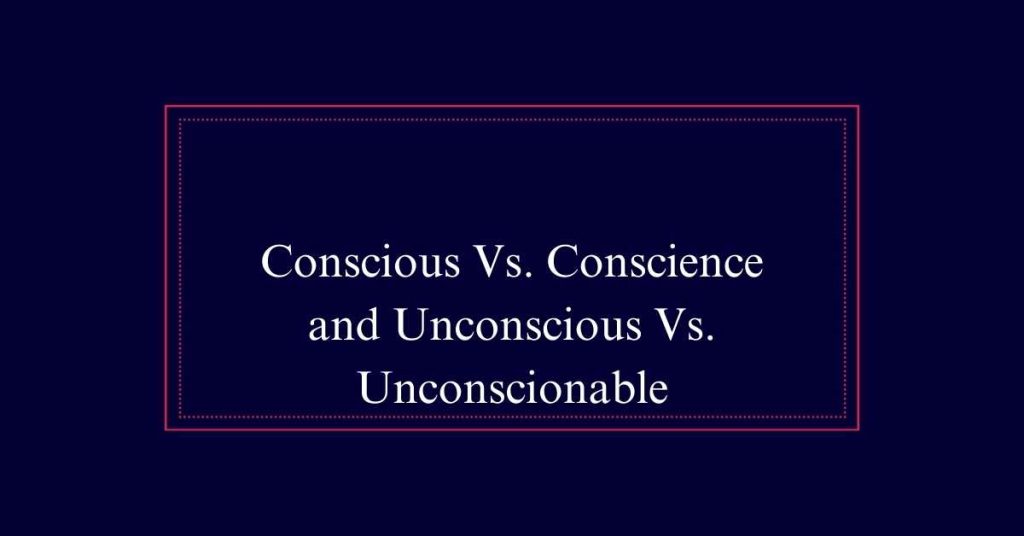
Conscious Vs. Unconscious: Key Differences
Understanding the differences between conscious and unconscious states is essential for grasping human behavior and cognition. Conscious means being aware and alert, often involving deliberate thought and attention. In contrast, unconscious refers to states where awareness is absent, such as sleep or being unaware of certain influences.
| State | Definition | Examples |
|---|---|---|
| Conscious | Aware, alert, deliberate | Awake, focused on a task |
| Unconscious | Not aware, often automatic | Sleeping, unaware of subliminal cues |
| Subconscious | Part of the unconscious affecting actions | Dreams, gut feelings |
| Coma | Deep unconscious state | Medical coma |
| Daydreaming | Mildly altered conscious state | Lost in thoughts |
Conscience Vs. Unconscionable: Ethical Implications
Often, our conscience acts as an inner guide, steering us towards ethical decisions and away from wrongdoing. It serves as our moral compass, helping us distinguish between right and wrong.
On the other hand, actions deemed unconscionable lack this moral consideration. Such acts are not just unethical but often unreasonable or excessive. They show a blatant disregard for fairness and humanity.
While conscience evokes feelings of guilt or pride based on our actions, unconscionable behavior often leads to harm and injustice. Understanding these terms is crucial for ethical decision-making and fostering a just society. It underscores the importance of listening to our inner voice to avoid actions that could be deemed unconscionable.
Practical Examples of Usage
Practical examples can clarify the nuanced differences between conscious, conscience, unconscious, and unconscionable. Consider the following scenarios:
- Conscious:
‘She was conscious of the ticking clock during the exam.’
- Conscience:
‘His conscience told him to return the lost wallet he found.’
- Unconscious:
‘After the accident, he was knocked unconscious and rushed to the hospital.’
- Unconscionable:
The company’s decision to lay off workers without notice was deemed unconscionable.
- Unconscious (unaware):
‘He was unconscious of the fact that his comment had hurt her feelings.’
Unconscious Influences on Decisions
Our decisions are frequently shaped by unconscious influences that we may not recognize. These influences can come from past experiences, cultural background, or even subtle cues in our environment.
For example, without being aware, a certain smell might remind us of a happy memory, leading us to make a positive choice. Advertisements often use colors and sounds that trigger unconscious reactions, steering our decisions.
Cognitive science shows that these influences can override our logical thinking. Being aware of these unconscious factors can help us make more informed choices. It’s essential to understand that not all decisions are based on conscious thought.

